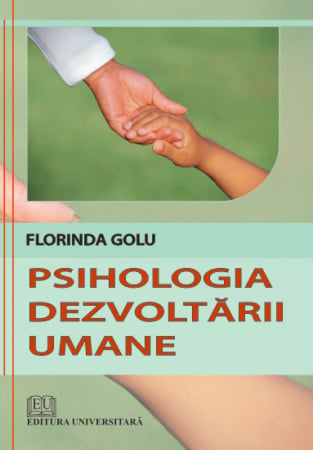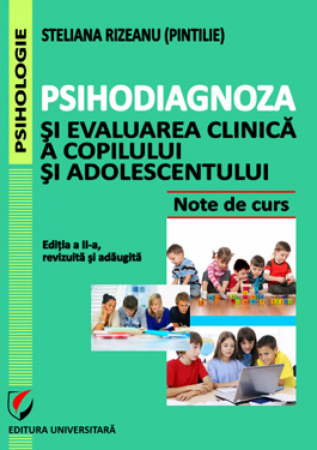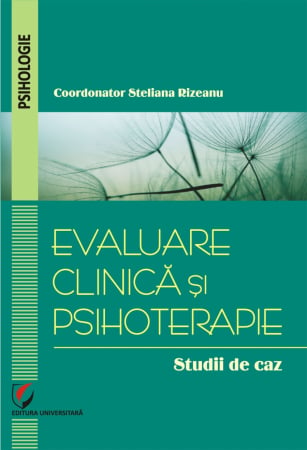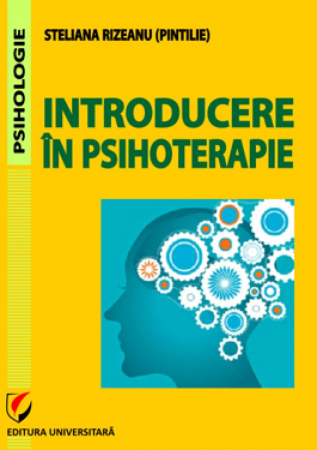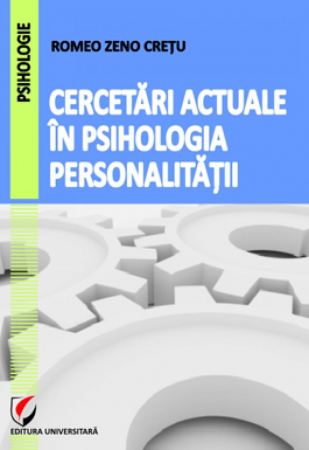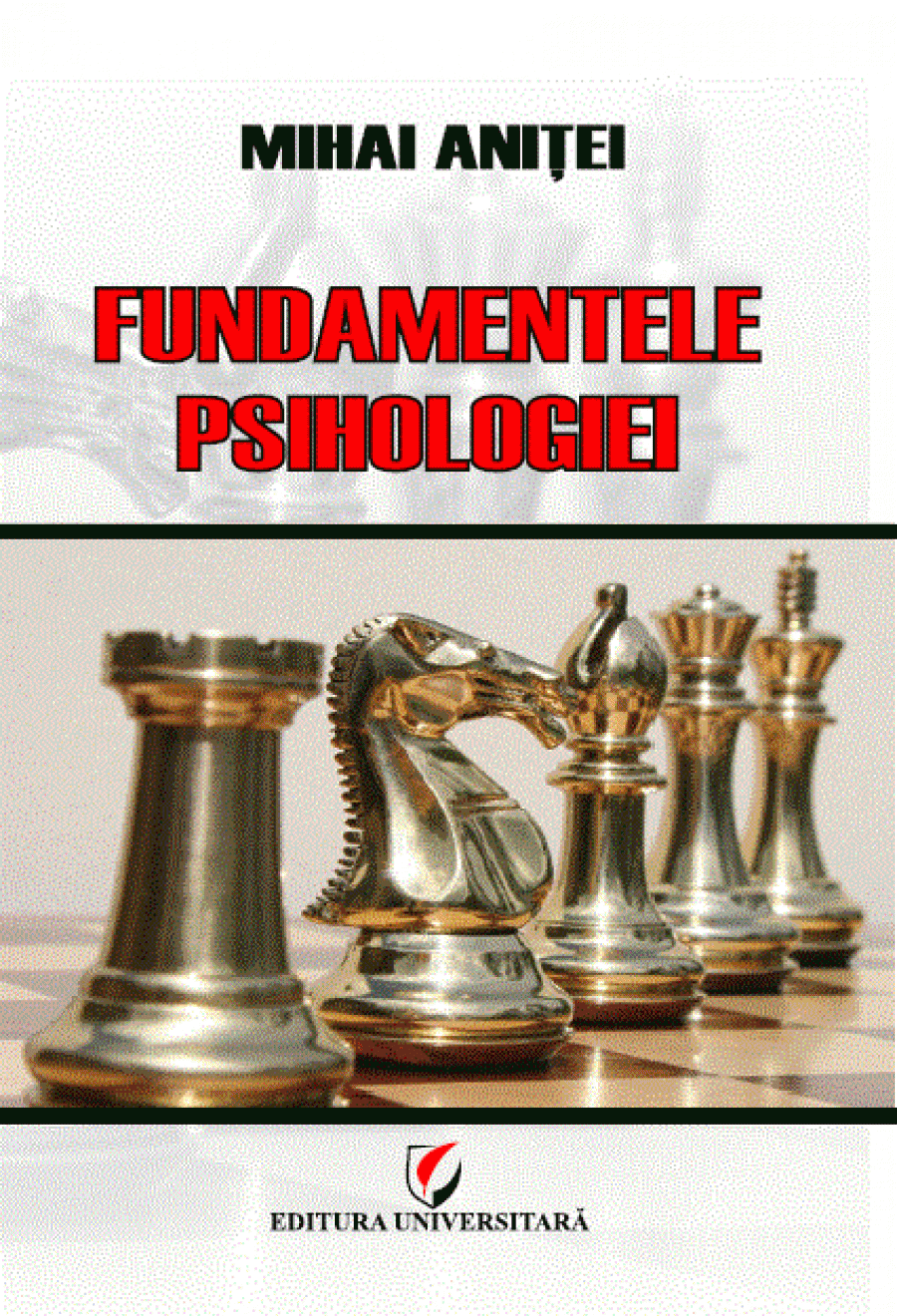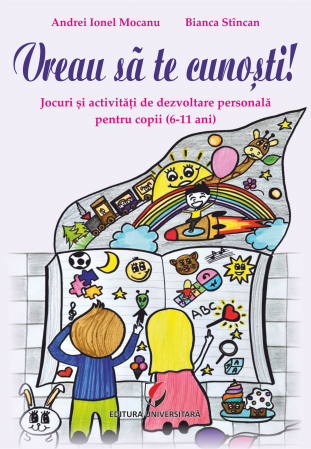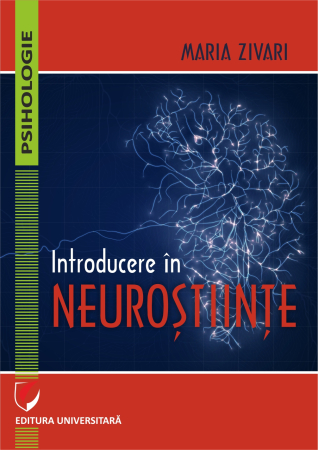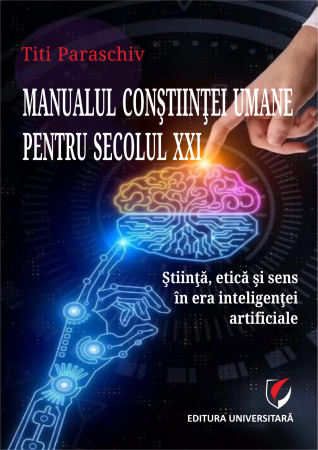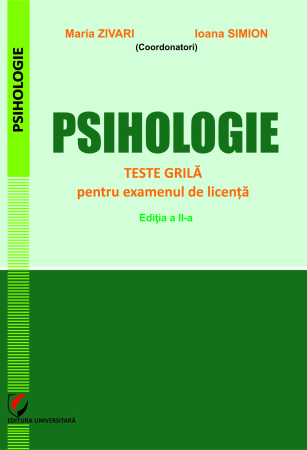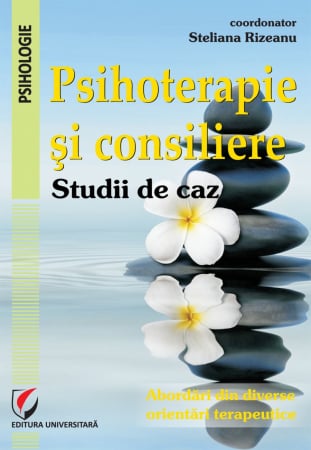Manuscript proposals: [email protected] / 0745 204 115 //// Tracking orders Individuals / Sales: 0745 200 357 / Orders Legal entities: 0721 722 783
ISBN: 978-606-28-1357-4
DOI: 10.5682/9786062813574
Publisher year: 2021
Edition: I
Pages: 166
Publisher: Editura Universitară
Author: Silvia-Carmen Mikulović
Product Code:
9786062813574
Do you need help?
0745 200 357
- Description
- Download (1)
- Authors
- Content
- More details
- Reviews (0)
This book is the course support of the discipline of the same name and presents the communication viewed both from a theoretical point of view and from a practical point of view. Considering the training of students in the profession of psychologist and later, possibly, of psychotherapist, personal development counselor or other specialties, this course contributes to the formation of communication skills and abilities, to their application in evaluating and solving existential situations, both professional , as well as personal ones. By knowing the communication, the natural abilities can be improved, the means and tools of communication can be used more efficiently. A good communication can lead to obtaining the desired results, to understanding the meaning of lived experiences, daily experiences and facilitates interventions in the necessary steps. It is a book that transmits useful information both to students and to all those interested in communication.
-
Communication techniques and personal development
Download
SILVIA-CARMEN MIKULOVIC is a university lecturer at the Faculty of Psychology and Educational Sciences, Hyperion University. He is the main psychologist of clinical psychology at the Craiova County Emergency Clinical Hospital and the main psychotherapist, experiential and unification psychotherapy. He is a main psychologist in the specialties of work and organizational psychology, transport psychology, applied psychology in the field of national security and supervisor in clinical psychology, work and organizational psychology, transport psychology, applied psychology in the field of national security, trainer in PEU.
Introduction: why we learn about communication / 7
Chapter 1. Communication - process, relationship, action / 11
1.1. About communication / 11
1.2. Definition of communication / 13
1.3. History of communication / 17
1.4. Communication - general characteristics / 29
1.5. Communication - psychological phenomenon / 33
1.6. Elements of communication / 37
1.7. Communication specific variables / 53
1.8. Axioms of communication / 57
Chapter 2. Classifications of communication / 64
2.1. Types of communication depending on the channels used: verbal and nonverbal / 65
2.2. Types of communication depending on the purpose and style of communication: formal and informal / 85
2.3. Types of communication in terms of content and efficiency: informative, affective and indispensable / 86
2.4. Types of communication depending on the number of participants: intrapersonal and interpersonal communication / 88
2.5. Types of communication according to interaction: small group and public communication / 92
2.6. Other types of communication / 93
Chapter 3. Communication techniques / 112
3.1. Oral communication techniques / 112
3.2. Written communication techniques / 124
Chapter 4. Communication and personal development / 132
4.1. The impact of communication on personal development / 132
4.2. Efficient communication - engine of personal development / 138
4.3. A humanistic-experiential perspective on communication / 143
Annexes of practical psychology / 151
Bibliography / 163
Chapter 1. Communication - process, relationship, action / 11
1.1. About communication / 11
1.2. Definition of communication / 13
1.3. History of communication / 17
1.4. Communication - general characteristics / 29
1.5. Communication - psychological phenomenon / 33
1.6. Elements of communication / 37
1.7. Communication specific variables / 53
1.8. Axioms of communication / 57
Chapter 2. Classifications of communication / 64
2.1. Types of communication depending on the channels used: verbal and nonverbal / 65
2.2. Types of communication depending on the purpose and style of communication: formal and informal / 85
2.3. Types of communication in terms of content and efficiency: informative, affective and indispensable / 86
2.4. Types of communication depending on the number of participants: intrapersonal and interpersonal communication / 88
2.5. Types of communication according to interaction: small group and public communication / 92
2.6. Other types of communication / 93
Chapter 3. Communication techniques / 112
3.1. Oral communication techniques / 112
3.2. Written communication techniques / 124
Chapter 4. Communication and personal development / 132
4.1. The impact of communication on personal development / 132
4.2. Efficient communication - engine of personal development / 138
4.3. A humanistic-experiential perspective on communication / 143
Annexes of practical psychology / 151
Bibliography / 163
Let's look around us. Let's just look. We notice that everything communicates completely, there is a permanent intercommunication. In middle school education, in the disciplines of biology / anatomy we learn that cells communicate with each other and, at the same time, communicate with the environment in which they are. Animals communicate through sounds and behaviors. The human being, when born, does not benefit from verbal language, but still communicates. The newborn communicates his needs, states of discomfort, joy, pleasure through crying, whining, smiling, body position. People communicate with other people and even with themselves in different situations and contexts. So communication is used by everyone and is known by everyone.
We can ask ourselves what is the point of studying communication in the conditions in which we use it continuously. This course will show you communication in a way that you don't think about when you use it. That is, you will understand that by focusing on communication, you get to know yourself better, to understand yourself and to understand others, to create relationships and to enjoy them. By knowing the communication, the natural abilities can be improved and the means and tools of communication can be used more efficiently. A good communication can lead to obtaining the desired results, to understanding the meaning of lived experiences, of daily events and helps with the necessary interventions and approaches every day.
Our representations about communication may not coincide with the scientific definitions established by specialists, for which common knowledge is not enough. Insufficient knowledge of this field of communication can lead to the failure of negotiations, unsuccessful in individual or collective communications.
So what is communication?
This course considers the theoretical understanding of communication and its correlation with practice, both to transmit information, to understand us, and to evolve, for personal development.
Considering the training of students in the profession of psychologist and, later, possibly, of psychotherapist, this course contributes to the formation of communication skills and abilities, with their application in evaluating and solving existential situations, both professional and personal. That is, it helps to acquire theoretical knowledge and practical skills to achieve professional success.
Communication, making connections between communication and other mental processes, between communication and regulatory activities, knowledge, skills and abilities acquired through the study of communication and their application in solving and evaluating problem situations will help identify critical issues and achieve effective intervention. positioning towards others and towards oneself, for a better self-expression and interaction with those around.
This course develops and supports thinking, contributes to arousing interest and curiosity for dialogue, debate, in other words for communication. At the same time, it forms and ensures coherence and rigor in the presentation of opinions, the openness to listen, thus supporting human behaviors in the specific field of communication.
Communication is part of the human condition and makes a difference in everyone's life.
I want this course, beyond the academic objectives, to be useful to students in the journey of discovering people, self and psychology as a profession.
The Author
We can ask ourselves what is the point of studying communication in the conditions in which we use it continuously. This course will show you communication in a way that you don't think about when you use it. That is, you will understand that by focusing on communication, you get to know yourself better, to understand yourself and to understand others, to create relationships and to enjoy them. By knowing the communication, the natural abilities can be improved and the means and tools of communication can be used more efficiently. A good communication can lead to obtaining the desired results, to understanding the meaning of lived experiences, of daily events and helps with the necessary interventions and approaches every day.
Our representations about communication may not coincide with the scientific definitions established by specialists, for which common knowledge is not enough. Insufficient knowledge of this field of communication can lead to the failure of negotiations, unsuccessful in individual or collective communications.
So what is communication?
This course considers the theoretical understanding of communication and its correlation with practice, both to transmit information, to understand us, and to evolve, for personal development.
Considering the training of students in the profession of psychologist and, later, possibly, of psychotherapist, this course contributes to the formation of communication skills and abilities, with their application in evaluating and solving existential situations, both professional and personal. That is, it helps to acquire theoretical knowledge and practical skills to achieve professional success.
Communication, making connections between communication and other mental processes, between communication and regulatory activities, knowledge, skills and abilities acquired through the study of communication and their application in solving and evaluating problem situations will help identify critical issues and achieve effective intervention. positioning towards others and towards oneself, for a better self-expression and interaction with those around.
This course develops and supports thinking, contributes to arousing interest and curiosity for dialogue, debate, in other words for communication. At the same time, it forms and ensures coherence and rigor in the presentation of opinions, the openness to listen, thus supporting human behaviors in the specific field of communication.
Communication is part of the human condition and makes a difference in everyone's life.
I want this course, beyond the academic objectives, to be useful to students in the journey of discovering people, self and psychology as a profession.
The Author
If you want to express your opinion about this product you can add a review.
write a review

6359.png)
![Communication techniques and personal development [1] Communication techniques and personal development [1]](https://gomagcdn.ro/domains/editurauniversitara.ro/files/product/large/mikulovic_tehnici-de-dezv-personala_bt2-3897-4827.jpg)
